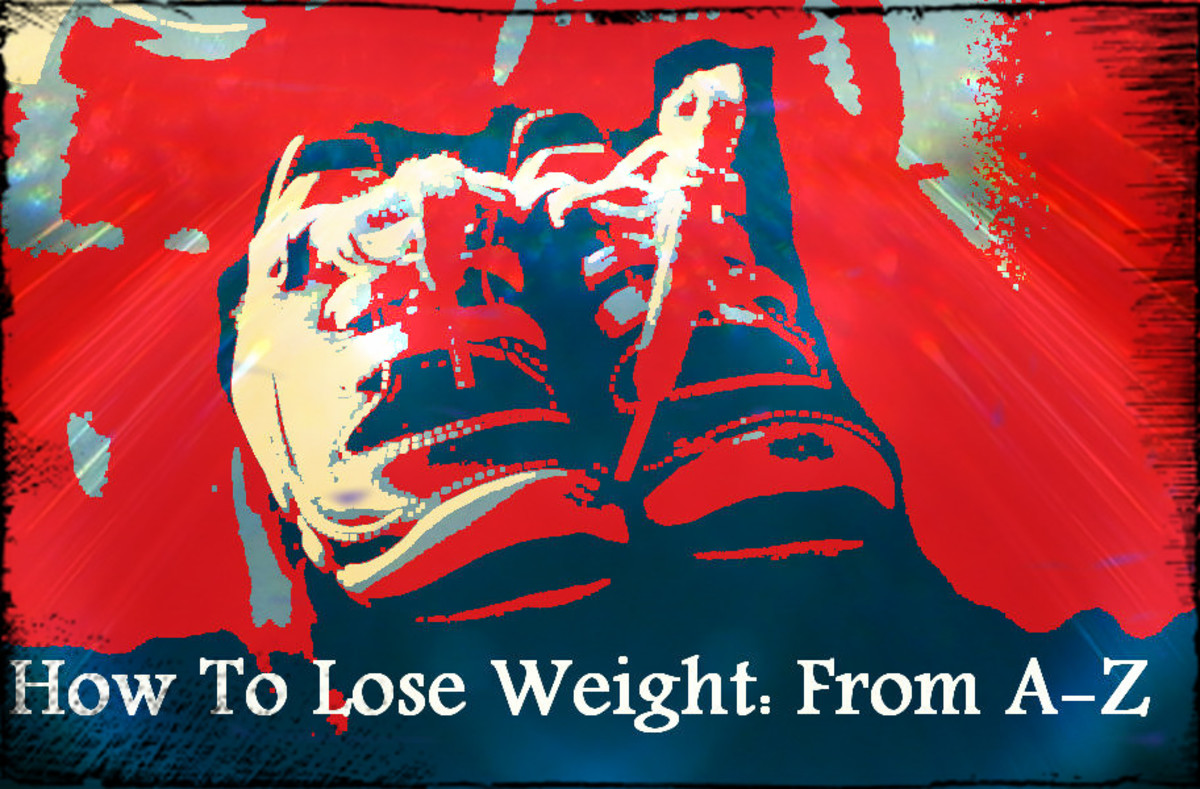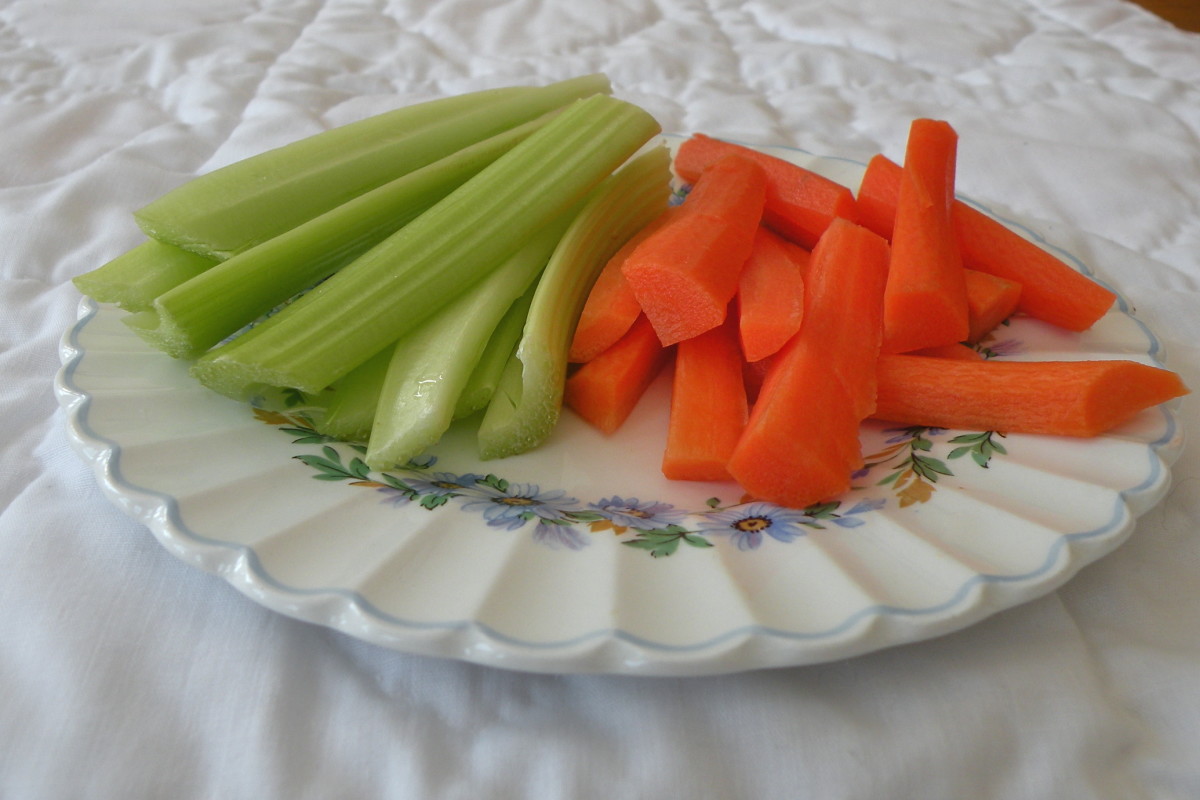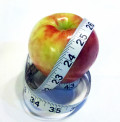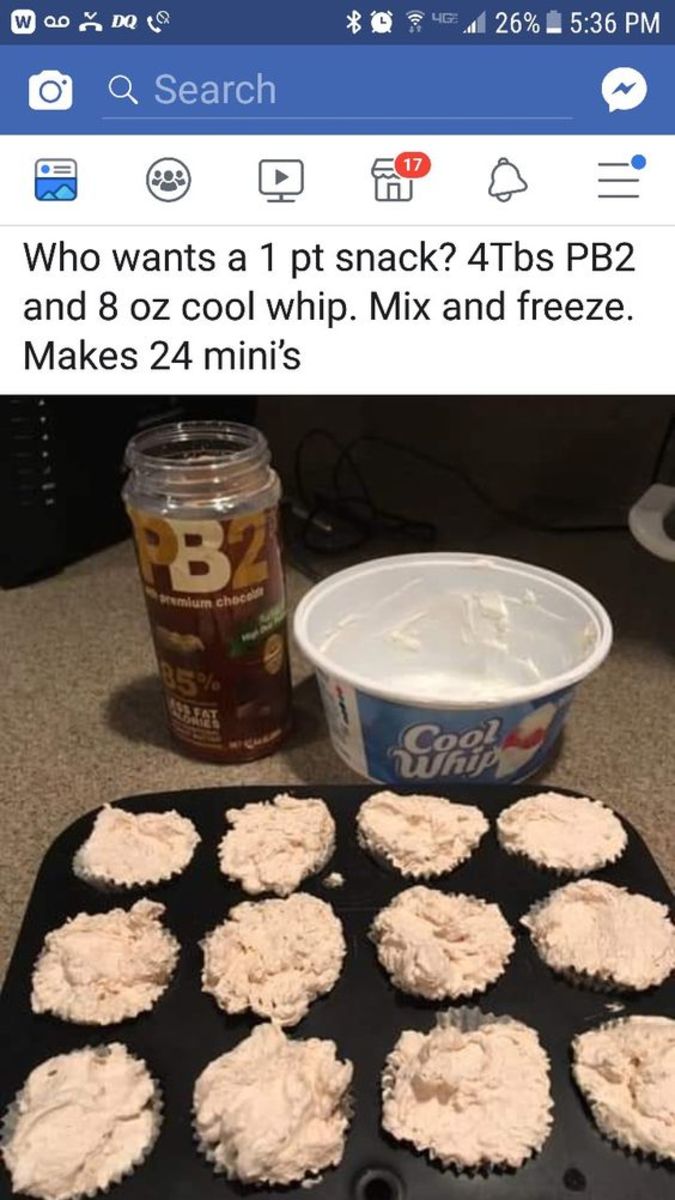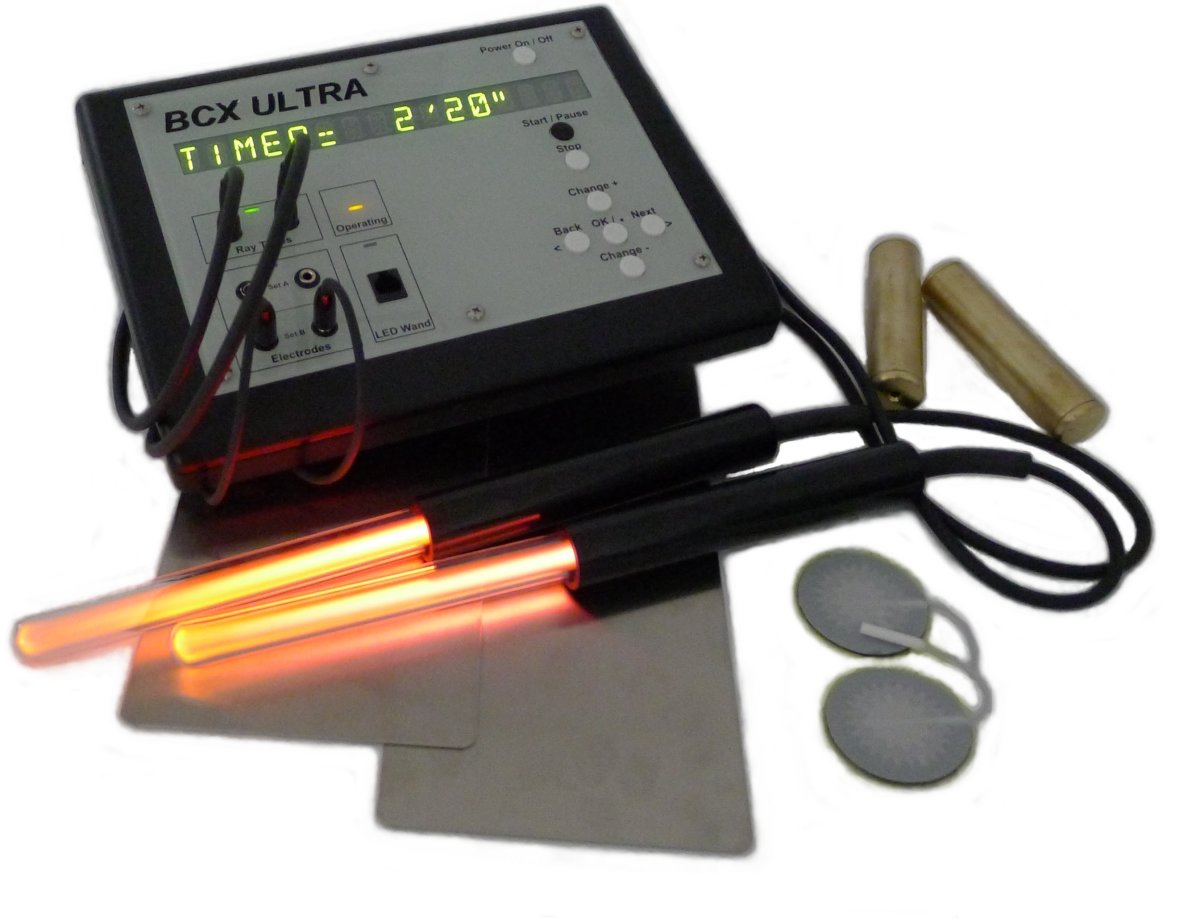Sleep And Weight Loss
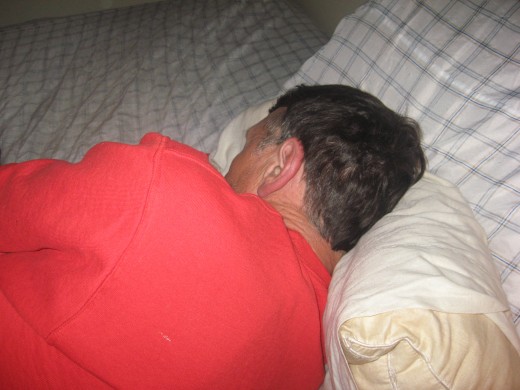
Sleeping and Losing Weight
Did you know there’s a direct correlation between sleep and weight loss? You’re probably thinking that the less you sleep, the more weight you’ll lose. Makes sense, doesn’t it? After all, activity takes energy and burns calories, and sleeping doesn’t seem like it would burn calories at all, right? I know it seems ironic, but those notions are, for the most part, erroneous. It’s difficult to lose weight when you’re not getting enough sleep. And when I say “enough” sleep, I’m not just talking about the number of hours of shuteye you get – I’m also referring to the quality of the sleep. It took a long time for this to sink into my hard head, but now I’m totally convinced that it’s true – you have to sleep to lose weight - so I try to get more quality sleep. I’ve done a lot of research, and I’ve talked with doctors and other health care professionals about sleeping and losing weight. If you’re interested, I’ll share what I’ve learned about sleep and weight loss in this article.
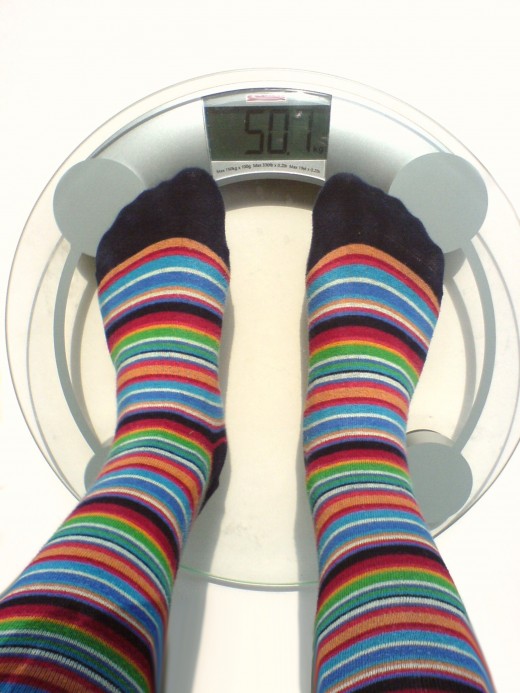
Sleep And Weight Loss
I discovered, through my own experiences, about the sleep and weight loss connection. I’d severely restrict my caloric intake, engage in exercise, and still not drop the pounds. Sometimes I’d get so frustrated that I’d cry. At the time, I was getting only four or five hours of sleep most nights. On the occasions when I slept well for seven or eight hours, I’d happily discover that stubborn number on my bathroom scale changed – for the better. At first, I didn’t make the connection, but after this happened several times, I noticed the pattern. I began researching and I talked to my doctor and other people in the health care field. I discovered that my suspicions were correct: Sleeping and losing weight go hand in hand.
I’m certainly not suggesting that you can just sleep to lose weight – there’s more to it than that. If you’ve seen any books or advertisements that claim to show you how to lose weight while sleeping, don’t waste your hard earned cash. You’ll need to change your diet and lifestyle for long term weight loss, so only mimicking Rip van Winkle won’t do the trick. A combination of several factors go into sleeping and losing weight.
From what I’ve read, doctors and scientists have taken notice of the correlation fairly recently, and studies have been conducted. According to an article in Huffington Post that appeared on September 17, 2012, studies were done at Quebec’s Laval University, and the findings were pretty surprising. The subjects were divided into two groups. Both groups of subjects were allowed the exact same number of calories each day, but one group got three hours more sleep at night. The ones who enjoyed 8 ½ hours of nightly snoozing lost more body fat than those who got only 5 ½ hours of sleep.
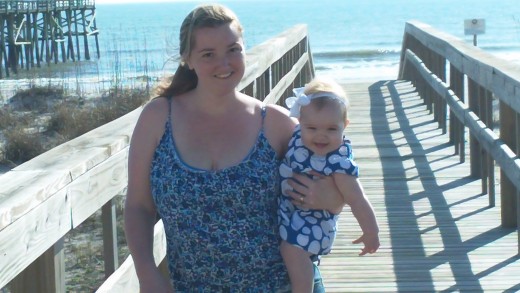
Circadian Rhythm
Our sleep and wake cycles are controlled by something called circadian rhythm. This twenty-four hour cycle tells us when it’s time to sleep, when it’s time to be awake, and when it’s time to eat. It’s moderated by endocrine glands, hormones, and brain activity. It’s also affected by external stimuli, especially by sunlight. Believe it or not, exposure to the sun’s rays during the day can help you sleep better at night.
All living things are governed by circadian rhythm. We humans, however, often alter our normal patterns, however. You’ve probably pulled an all-nighter at some point, and it probably made you feel lousy for a couple of days. If you’ve ever worked the graveyard shift and had trouble sleeping during the day, your circadian rhythm was at work. Even though you were tired and sleepy, your brain was thinking that you needed to be awake because the sun was shining outdoors, so it’s like your tired body is fighting with your active brain.
Stress and Weight Loss
Stress and weight loss are associated, too – in a negative way. For one thing, when we’re deprived of adequate sleep, we’re stressed. When we’re stressed, we often seek comfort foods in order to make us feel better. You know how it is. Sometimes when you’re tired and sleepy during the day, you figure some caffeine and/or sugar will give you a quick burst of wakeful energy. You reach for a sugary soda or a sweet snack, and sure enough, you probably feel better…for a few minutes. Shorty afterward, however, that high turns into a low, so you hit the vending machine for a candy bar or some simple carbs like potato chips or crackers.
Stress and weight loss also have a physical link. When we’re stressed, our bodies release stress hormones. One is adrenaline. Adrenaline, or epinephrine, is released by the adrenal glands, which are located on top of the kidneys. Adrenaline functions as both a neurotransmitter and as a hormone. It’s part of the reason mankind has been able to survive, as it’s a big part of the fight-or-flight response. You think you have stress? Think about our ancestors. They lived in a dangerous world and were always facing some very real threats to immediate survival, like being attacked and eaten by predators. Adrenaline was extremely beneficial for them, but for us, it isn’t always helpful.
When adrenaline is released, our muscles need an immediate source of energy, in the form of sugar. For the caveman, the muscles actually used the energy source, as he either had to run for his life or engage in battle with an assailant. For modern man, however, it’s almost always a completely different scenario. We release adrenaline when we’re stressed, and our muscles receive the energy, but then we don’t use the energy. Few of us have to literally fight or run in order to save our lives. Instead of the sugar being used, we store it as fat. And even though our carb and sugar stores aren’t depleted, our brains might tell us that they were, so we turn to high carb foods. Even worse, the fat that results is often the most harmful type of fat, visceral fat that congregates in our bellies.
Another link in the stress and weight loss chain is cortisol. I’d never heard of cortisol until the last couple of years, when ads about it began appearing on television. To be honest, I never really paid much attention to it until my physician talked to me about it. I had a couple of high blood sugar readings, and my doctor wanted to put me on diabetes medication. I convinced her into letting my try controlling my blood glucose with diet, exercise, and weight loss. I cut down significantly on carbohydrates, began an exercise routine, and lost weight. My blood sugar returned to normal, so I didn’t need the meds. I checked my blood sugar for months, several times a day. The only “high” readings I got were first thing in the morning, which I found strange. After all, the blood sample would be taken after I hadn’t eaten a bite in twelve or fourteen hours. Where the heck was the glucose coming from? My morning readings weren’t super high – they were usually around 120. They’re never that high at other times of the day, even when I have eaten. My doc said my early morning blood glucose elevations were caused by cortisol. Okay, now I was ready to pay attention!
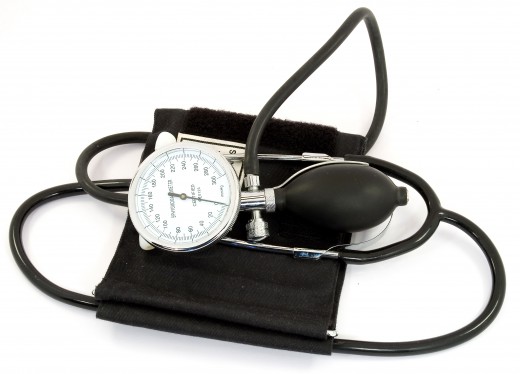
Cortisol
Are you familiar with cortisol? Cortisol is a hormone that reacts to stressful situations. When it’s released by adrenal glands, it does several things. It reduces the natural action of the immune system, it increases the level of blood glucose, and it helps prevent bones from being formed. When it comes to breaking down fats, the hormone can be a help or a hindrance. Not only does cortisol increase blood sugar, as my doctor said, but it can also increase blood pressure.
Some doctors and biologists believe that high cortisol levels can lead to weight gain and make weight loss especially difficult. It can increase your appetite, especially your appetite for starches and sugars. High levels of the hormone can also lead to the loss of muscle tissue due to decreased testosterone. Testosterone is responsible for maintaining muscle and for forming new muscle tissue, and both men and women produce the hormone. So, what does that have to do with weight loss? Less muscle tissue means less calories burned. Even when you’re at rest, muscle burns more calories than fat – perhaps three or four times as much. If high cortisol levels are causing you to lose muscle mass, you’re going to burn less calories per day.
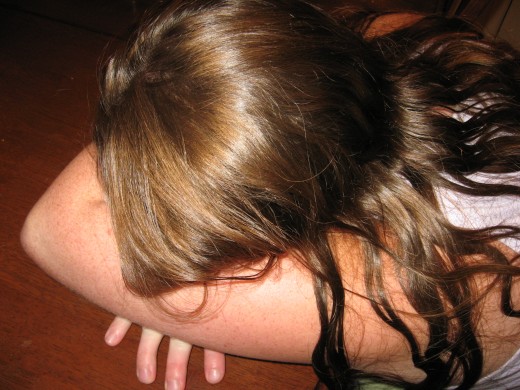
Sleep Deprivation
Lack of sleep can result in lots of negative effects. I’ve already discussed how sleep deprivation can lead to weight gain, but it has other harmful effects, too. In fact, extreme sleep deprivation can result in death, as it has in laboratory animals. Obviously, we humans probably aren’t going to reach such an extreme level of lack of sleep, but the consequences can still be troubling. Symptoms of sleep deprivation might include headaches, depression, hallucinations, tremors, increased blood pressure, moodiness, muscle aches, memory loss, and/or an inability to focus and concentrate. And you know that not getting enough sleep can wreak havoc on your physical appearance, with puffy face, bags under the eyes, and an overall “haggard” look.
Not getting enough sleep usually leads to daytime drowsiness, too, and that can have some serious consequences. Before I got my C-Pap, I experienced severe sleepiness during the day. A few times, I actually fell asleep while driving – once on a busy interstate. Luckily, I was jolted awake when my car tire dropped off the edge of the pavement. That’s when I finally faced that I had to do something about my lack of sleep.
Okay, back to the specifics of sleep and weight loss. There have been some big studies done on this subject, and the results have convinced some scientists and physicians that sleep deprivation could be one of the reasons for rampant obesity in the U.S. As a nation, we’re getting less sleep and growing fatter and fatter.
Without adequate sleep time, hormones that regulate appetite, metabolism, and glucose don’t function in a normal way. Two of these hormones are leptin and ghrelin. Leptin controls and reduces appetite, while ghrelin increases appetite and stimulates hunger. When we humans don’t get enough sleep, leptin levels decrease, and ghrelin levels increase, providing a “double whammy” that makes us feel hungry and drives us to eat. This is just another piece of evidence in the sleep and weight loss equation.
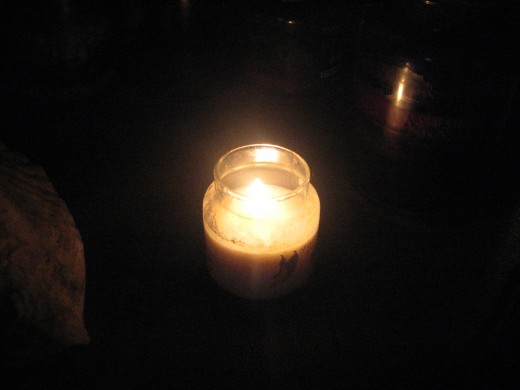
Natural Sleep Remedies
I don’t like taking sleeping pills, so I’ve tried several natural sleep remedies. I’m sure these won’t work for everyone, but they’ve definitely helped me. I have to keep my bedroom cool at night, as I just can’t sleep when I’m hot. I also like to hear some “white noise” as I’m trying to drift off, so I use a noise machine and set it to “rain.”
A couple of hours before bedtime, I try not to worry or stress out about anything, and I avoid movies and television shows that might be scary, depressing, or otherwise worrisome. I don’t eat much close to bedtime, either, and I especially avoid sugar and caffeine at night. I find that prayer helps before I turn in, too. I sort of hand God my problems. If you don’t pray, you can substitute relaxation techniques to help you relax and get yourself in the mood for slumber.
Some people use other natural sleep remedies, like aromatherapy. Lavender is a natural sleep aid, and it’s safe, inexpensive, and has a pleasant smell. Use lavender-scented sprays, bath oils, candles, potpourri, or sachets. Just make sure whatever you choose contains natural lavender.
What you eat and drink before bedtime can have an effect on your sleep – positive or negative. As I’ve mentioned, steer clear from sugar and caffeine a few hours prior to turning in. Eating some starchy or whole-grain carbs might help, though. Carbohydrates kick sleep-inducing amino acids into gear, including tryptophan. Magnesium can be a sleep aid for some people. Foods rich in this mineral include bran from wheat, oats, rice, and buckwheat; roasted pumpkin seeds, flax seeds, sunflower seeds, and sesame seeds; Brazil nuts, pine nuts, cashews, peanuts, and almonds; dates; dried beans; bananas; and halibut. Mom’s old advice about drinking a glass of milk might help some people, too.
Natural sleep aids can also be found in non-prescription medications, dietary supplements, and herbal teas. Some of these include melatonin, skullcap, lemon grass, hops, valerian, California poppy, passion flower, catnip, chamomile, and hops. Before reaching for one of these natural sleep remedies, do some research and talk to your doctor. “Natural” isn’t always synonymous with “safe.” An ingredient can interact with a medication you’re taking, and some supplements can have negative side effects.
One of the best natural sleep remedies I’ve found is exercise. When I follow an exercise routine during the day, I find that I sleep much better at night. I seem to get even more sleep aid when I include exposure to natural sunlight. I’ll get into more specifics with this in the next section.
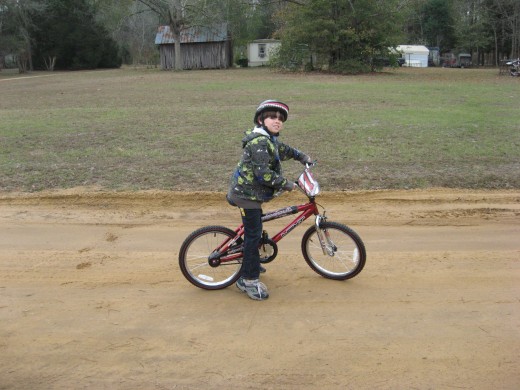
Exercise Routine
Something that’s helped me get better sleep and to achieve weight loss is an exercise routine. And yes, take note of the word “routine.” I’m not getting much exercise now because of a knee injury, for which I’m having surgery next week. Before I blew my right knee, however, I had been following an exercise routine every day. After getting up in the morning and having a cup of coffee, I went for a long walk – actually, walks, plural. We have three dogs, and I walked each one separately. In total, my morning walks averaged about 3.5 miles. That might not sound like much of a workout to you, but it was quite an achievement for me, as I had been mostly sedentary before last January. At night, I often take another walk. I also lifted weights and did strength training exercises several days a week, along with stair stepping. Hopefully, after my knee surgery and recovery, I’ll be able to once again participate in these activities.
What benefits of exercise have I noticed? Well, I’m sure it’s played a big part in my losing weight. I’ve lost seventy pounds. It’s also played a part in raising my HDL cholesterol, which is the good cholesterol. My blood sugar, my blood pressure, my triglycerides, and my LDL cholesterol, the bad kind, have all decreased. My circulation is better, and my legs are more toned. I felt a lot better overall when I was following my exercise routine, and I had much more energy.
Sleep and weight loss are linked with exercise, on several levels. Of course, you burn more calories exercising than you do when watching TV, and moderate exercise has been shown to decrease appetite. It especially helps me reduce or eliminate boredom munching. It also helps you maintain muscle mass and build more muscle, which causes more calories to be burned. Exercise can also reduce stress, and you already know what stress can do to your efforts to lose weight. Exercise can also improve your mood and help improve sleep. Most people sleep better when they’re physically tired, and exercising outdoors in sunlight can help stabilize your circadian rhythm. I also find outdoor exercise to be invigorating. I guess it’s breathing all that fresh air. I certainly sleep better following my normal exercise routine, and as you’ve discovered, there’s a link between sleep and weight loss.


